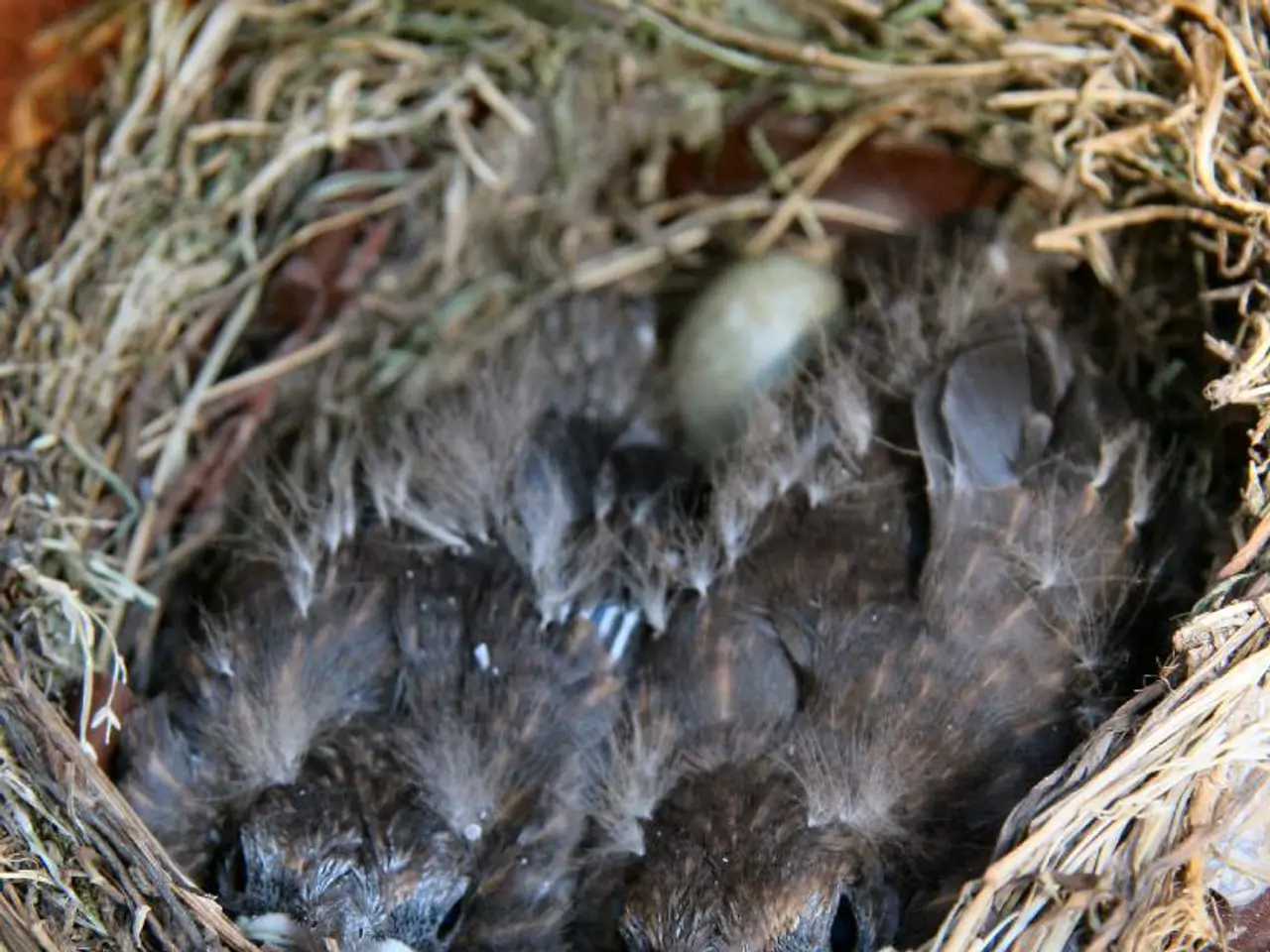Pregnancy-Induced Nesting Tendencies
In the final stretch of pregnancy, many expectant parents may find themselves overwhelmed by an intense urge to clean, organize, and prepare their living environment. This phenomenon, known as the nesting instinct, is a common experience for many pregnant individuals and plays a crucial role in the psychological preparation for the arrival of a new baby.
The nesting instinct is a complex interplay of hormonal changes and emotional preparation. It is driven by a blend of excitement and biological impulses aimed at ensuring safety and comfort for the newborn. This instinct typically appears in the third trimester, around the 8th month of pregnancy, when the anticipation and readiness for childbirth peak. It is thought to be triggered by hormonal shifts that heighten a pregnant person's focus on creating a secure and well-ordered space, which can help reduce anxiety and foster a sense of control and empowerment in the final phase before birth.
Psychologically, nesting can be viewed as a behavioral expression of maternal bonding and protection instincts. It helps the mother transition mentally from pregnancy to motherhood by focusing on concrete tasks that symbolize care and preparation. This preparation can shift the birth narrative from fear to empowerment, reinforcing trust in the body's natural processes and the instinctual role of caregiving.
However, it's important to approach nesting with caution. While it's natural to want to create a clean and safe environment for your baby, it's not necessary to clean everything perfectly or sanitize every surface in the house. A clean home is good, but squeaky clean isn't a bar you need to meet while preparing for a new baby.
If your partner isn't experiencing the nesting instinct, don't hesitate to ask for help from your loved ones. It can be a fun bonding experience to get your nest ready together. If the urge to clean and organize has you dreaming about gleaming floors, you can make the most of nesting by getting things done that will make life easier once your baby arrives. For instance, setting up your baby's sleeping space, ensuring a safe and clean environment for the baby to sleep, installing your baby's car seat in your vehicle, and taking care of laundry, including washing baby's future outfits and considering your wardrobe for postpartum recovery.
It's also essential to remember that the nesting instinct doesn't predict what kind of parent you'll be. Whether you're experiencing the nesting instinct or not, proper nutrition is important in the postpartum period, especially for breastfeeding mothers. Prepare meals that can be frozen and heated later for convenience.
In conclusion, the nesting instinct combines hormonal influences with emotional and psychological mechanisms that promote preparation, protection, and emotional readiness for the baby's arrival. While it's a common experience, it's not a natural instinct that everyone experiences. Regardless, it can help expectant parents feel like they have some control and can be a way to deal with pre-baby jitters or stress. So, embrace the nesting instinct if it comes, but don't stress if it doesn't. The most important thing is to be prepared and ready for the arrival of your new baby.







